After ten years of living this journey, I'm finally putting it all down on paper.
Not Done Yet: Reimagining Work, Worth, and Wisdom in the Age of AI releases in early 2026.
The Book I Wish I'd Had in 2015
Ten years ago this April, I walked out of John Deere after 40 years. I had the gifts, the pension, the retirement party, all the trappings of a "successful ending."
What I didn't have was a clue about what came next.
Retirement didn't feel like freedom. It felt like eviction from my own life. Within weeks, I went from leading teams and solving problems to... what, exactly? Golf? Travel? Endless leisure that somehow felt more empty than restful?
I wasn't ready to fade into irrelevance. But I also didn't have a roadmap for what reinvention actually looked like at sixty-five.
So I started experimenting. Conference in February. Workshop in July. First consulting contract by December. Each small step built momentum. By my seventies, I had launched a coaching practice, recorded 200+ podcast episodes, created an AI coaching assistant, and mentored with Iowa Venture School and SCORE.
My 60s and 70s didn't become my "retirement years." They became my most innovative decade.
What This Book Is Really About
Not Done Yet is the guide I wish someone had handed me in 2015. A practical blueprint for professionals 55+ who know they're not finished but aren't sure what "next" looks like.
This isn't a book about traditional retirement. It's about reinvention.
It's about turning decades of hard-won experience into encore income. About designing a portfolio life that honors both your expertise and your need for flexibility. About using AI and digital tools to amplify, not replace, your wisdom. About building something meaningful when everyone else assumes you're winding down.
The book weaves together:
Real stories from my own messy, imperfect ten-year journey
Research-backed frameworks from thought leaders like Chip Conley, Herminia Ibarra, and Cal Newport
Practical tools you can use immediately—no corporate ladder required
AI strategies specifically designed for seasoned professionals who want to scale their impact
Each chapter opens with a story, delivers insights grounded in data, and closes with action steps you can take this week. No fluff. No platitudes. Just honest guidance from someone who's living it.
Why Now? Why This Book?
Because the old retirement script is broken, and AI is rewriting the rules of work faster than most people realize.
Ten thousand baby boomers turn 65 every day. By 2032, adults 65+ will account for 57% of all workforce growth. We're not a shrinking demographic retiring into obscurity, we're a surging force that needs to figure out how to stay relevant, engaged, and financially secure.
Meanwhile, AI is triggering both fear and opportunity. Will it make us obsolete? Or can we use it to scale our wisdom in ways previous generations never could?
The answer is yes, if we approach it strategically.
That's what this book is about. Helping you turn the corner from "Am I aging out?" to "How do I scale up?"
I Need Your Help With Something
As I finish the manuscript, I keep coming back to one question, and I'm genuinely curious what you'd say.
Here it is:
When you think about your "next chapter" (whether you're 45, 55, 65, or 75), what's the ONE thing that scares you most, and the ONE thing that excites you most?
Drop your answer in the comments. Even if it's just a sentence or two.
I'm asking because your honest reflections will help me make sure this book addresses the real questions people are wrestling with, not just the ones I think matter.
And who knows? Your answer might end up shaping the final chapter.
What Happens Next
The book releases in early 2026. Between now and then, I'll be sharing excerpts, frameworks, and stories from the manuscript right here on the blog and through my newsletter.
This book is a decade in the making, but honestly, I'm just getting started.
So let me ask again: What scares you most about your next chapter? And what excites you most?
I'm listening.
Encore Life Coach Host of Creating Your Encore Life Podcast Creator of LynnAI
P.S. If you know someone who's wrestling with what comes after their "main career," would you share this with them? This message needs to reach the people who are ready to hear it.




















